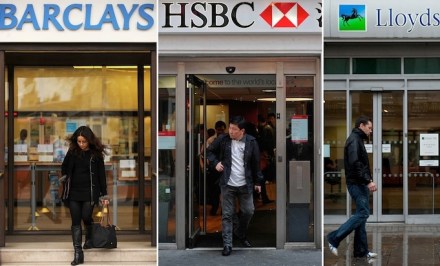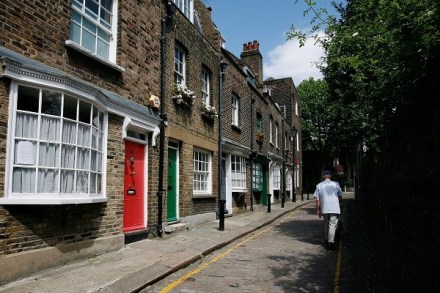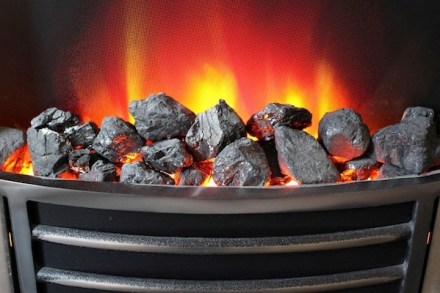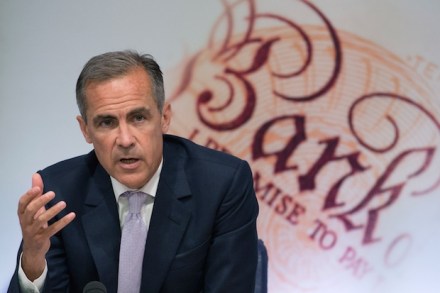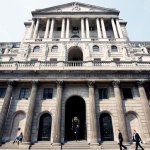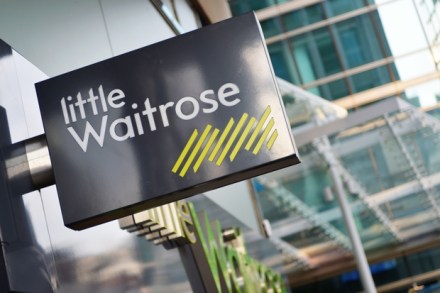Are pensioners squandering their retirement cash? New data suggests not
Statistics. Like so many things in life, it’s easy to bend facts and figures to support an argument or make a point. Brexit exemplified that and then some. And so it is with pensions data. Following this morning’s publication of the first full year of pension freedom information, the headlines varied from paper to paper and website to website. ‘Some taking too much from pension pots’ said the BBC. ‘Retirees prove more prudent than expected after pension freedoms’ reported The Guardian. ‘Insurers warn that some people may be plundering pension pots too soon, raising concern money will run out’. That last one was from Thisismoney, part of the Daily Mail




